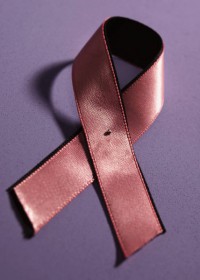
Exposure to ultra-violet (UV) rays can have more serious consequences than a painful sunburn. UV rays from both natural and man-made sources can increase risk of developing skin cancer.
How UV Rays Damage Skin
While UV rays come primarily from the sun, they contain more energy than visible light. Man-made sources of UV rays include tanning beds and welding torches.
UV rays are powerful enough to ionize atoms by removing an electron, which is how they cause damage to DNA in body cells. But they don’t have enough energy to penetrate to organs and other internal tissues, which is why their effect is seen mostly on skin.
UV Ray Wavelengths
The three types of UV rays are:
- UVA rays, which are the weakest of the three and linked more to cosmetic damage such as wrinkles than to skin cancer.
- UVB rays, which are slightly stronger and the main cause of sunburns and skin cancer.
- UVC rays, which have the most energy but are prevented from reaching the ground by the ozone layer.
Preventing UV Ray Exposure
A certain amount of sunshine is necessary for good health, but protect yourself by applying sunscreen to exposed parts of your body when you’re outside for extended periods. Avoid peak hours of 11 AM until 4 PM and stay in the shade when possible.
Immunotherapy for Cancer: Restoring the Body’s Natural Defenses
At Issels®, our integrative immunotherapy treatments boost your own immune system’s ability to fight cancer. Contact us for more information to learn how immunotherapy for cancer has helped patients diagnosed with skin cancer, melanoma and other types of tumors.




